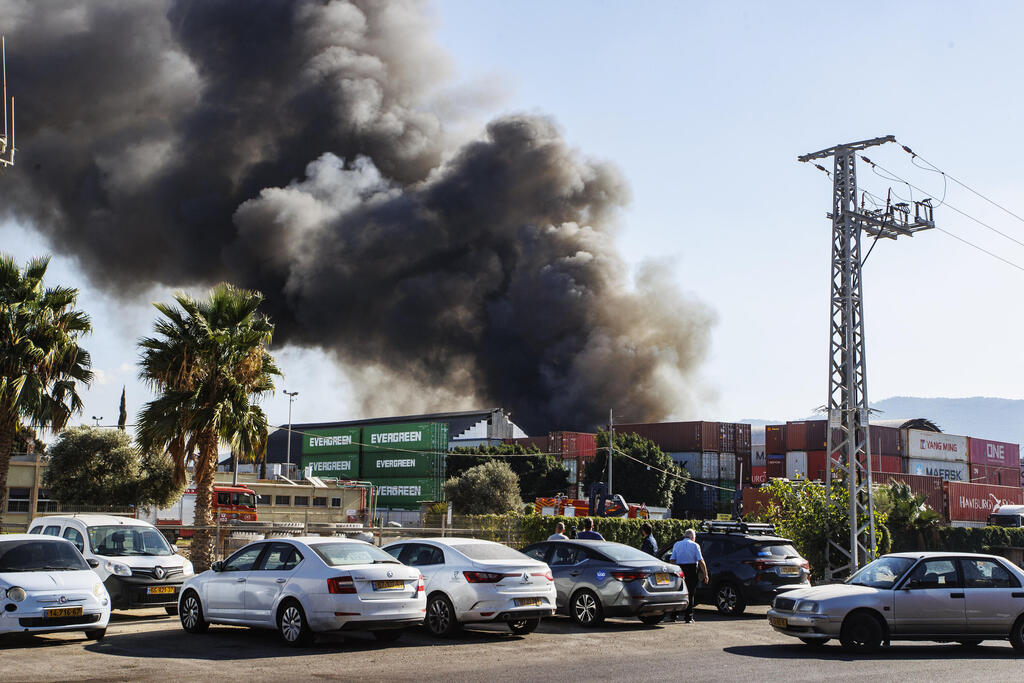Getting your Trinity Audio player ready...
Israel's Finance and Communications ministries have been examining the feasibility of using Starlink's satellite services in case of disruptions in Israel's internet connectivity due to an escalation on the northern front. Government officials have emphasized the necessity of deploying Starlink's satellites to ensure a stable internet connection during prolonged power outages.
"The aspiration is for every government office to have Starlink backup to ensure operational continuity during emergencies," said an official familiar with the details. Starlink's operations rely on approximately 5,000 small satellites in low Earth orbit, providing nearly global internet coverage.
In February, Minister of Communications Shlomo Karhi signed an operational license to sanction Starlink's services in Israel. At the same time, Israel permitted the service's operation in the Gaza Strip for humanitarian aid purposes during the conflict, including the UAE's field hospital established in Rafah.
During recent months, Hezbollah's rockets have caused damage to northern towns and cities, potentially able to harm Israel's northern power infrastructure which would lead to power outages in affected towns. Extended power outages could also disrupt cellular service, prompting the Communications Ministry to allocate approximately 40 million shekels to improve the phone companies' emergency connection from two hours to 12 hours in the north in case of a disruption.
Security assessments suggest that Hezbollah's arsenal includes drones, missiles and rockets capable of targeting critical infrastructure like power plants and transportation hubs, as well as other sensitive facilities. Israeli government offices have been actively seeking to bolster readiness for warfare by strengthening connectivity, connecting safe zones to the internet.
The Economy and Industry Ministry has already prepared 80,000 food packages for immediate distribution by the IDF to citizens sheltering in protected areas such as underground parking lots or safe zones during rocket barrages. Meanwhile, Israel designated a list of supermarkets that are permitted to function during wartime. These businesses will be equipped with generators to ensure power and safe spaces in case of emergencies.
One of the challenges in the potential escalation would be payment systems, which are expected to fail in case of power outages. The Finance Ministry and the Bank of Israel are currently discussing the issue and it appears that, under such circumstances, payment will be conducted offline, despite the risk of credit card fraud by opportunists.
3 View gallery


Ministers Karhi and Smotrich to ensure emergency connectivity
(Photo: Kobi Konaks, Hadar Yoavian)
Many gas stations may also be shut down due to prolonged power outages. So far, about 400 gas stations all over the country have been trained to operate despite the lack of power using generators. However, Israel will prioritize emergency services such as the police, Magen David Adom, the fire department, Home Front Command and local authorities.



